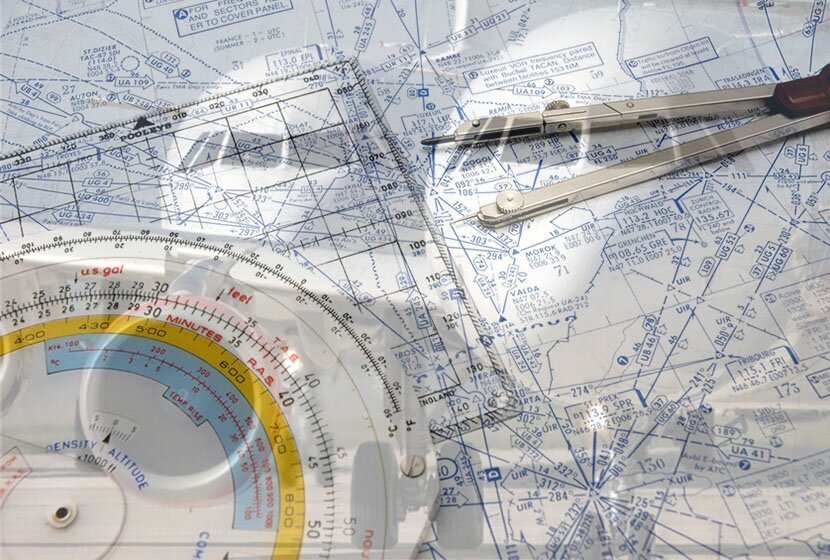Airport Insecurity
by Daron Larson
Flying provides a steady stream of frustrations: the crowded isolation of DIY check-in, the sock-footed walk on eggshells through TSA, the hypervigilant tracking of an elusive ETA.
All the inevitable discomforts of air travel make it a fertile attentional fitness opportunity. I’ve been developing a strategy that transforms the situation from hell into heaven. Okay, maybe more like a really productive purgatory.
I’m not sharing this exercise because I’ve mastered it. I’m sharing it because it’s a game changer that I’m trying to get better at using. It doesn’t remove every travel-related discomfort. It helps erode the habit I have of escalating myself when I feel uncomfortable.
One thing I've noticed, however, is that even though I know from direct experience that it really helps, I find that there’s always significant resistance to doing it. So I’m also sharing it to remind myself to keep working on it.
Suffering has better marketing than freedom from suffering. It’s like the unfair battle between the aroma wafting from Cinnabon and the silent appeal of a salad stuck in a plastic container. If I’m going to pay too much for a snack, shouldn’t instant gratification be one of its features?
The airport prices for going against my defensive social instincts are sky high, too. We have to acquire a taste for inhabiting the messiness of our lives. It’s much easier to keep reaching for stories that we can tell later about all the ways we’ve been wronged. Foregoing the instant gratification of these stories to develop empathy takes a lot of practice.
Here’s a way that works for me when I’m willing to do it.
Pick a person at random.
Remember that deep down this person wants to be safe, happy, healthy, and comfortable. Imagine the person thriving.
Temporarily forego policing the person’s actions and appearance.
Remember that deep down you also want to be safe, happy, healthy, and comfortable. Imagine yourself thriving.
Feel whatever emotional reactions this stirs up for a few seconds.
Repeat these steps with the same person or another person.
Sounds easy, right? Try it. It’s surprisingly difficult to set aside the habit of deciding who deserves basic well-being.
I’ve collected the following guidelines along the way that help me. I hope they help you, too.
Start your empathy engine early
The sooner you get started, the better.
Photo: Jon Flobrant on Unsplash
If you forget until you’re standing in the security line, start then.
If you can remember to start earlier it will give you some momentum before you need it.
Start before you arrive at the airport. Start before you leave home.
Make time for a few minutes of timed practice if you can.
If you really want to set yourself up to succeed, do it before you go to bed the night before your trip.
You can find a guided version of the formal version of this exercise on Insight Timer and SoundCloud. Once you get the gist, you’ll be able to apply it on the go.
Recognize your shared humanity – secretly
There’s a natural resistance to unearned friendliness. But remember that this exercise takes place inside your imagination. You don’t have to become passive or condone anyone’s behaviors.
In fact, nobody needs to know what you’re up to.
Your secret mission, if you choose to accept it, is to simply find ways to remember the humanity you share with strangers.
Try to remind yourself over and over again, that we’re all just trying to experience safety, health, emotional well-being, and maybe a little bit of ease in our lives.
Try to put aside whether or not any of these conditions are possible under the current conditions and just try to find a way to acknowledge the basic drive toward experiencing them that you both share.
Try to consider that this might not have to be a zero-sum game. Question the subtle assumption that another person’s happiness might somehow diminish your own.
You don’t need to force yourself to be nice to people.
Focus on the exercise and let any outcomes emerge on their own. Let yourself be surprised by the results.
If the internal friendliness spills out, that’s great. Enjoy it. Just don’t assume the exercise isn’t doing anything when other people aren’t aware of the shift you’re working on from the inside.
Customize your strategy
Find out what works for you. Developing attentional fitness requires modifying exercises to increase the odds that you’ll do them.
This strategy is based on my way of customizing a common compassion exercise called lovingkindness. I call it friendliness resistance training because the challenge reminds me of the kind of resistance training that develops muscles.
“Resistance exercise doesn't mean resistance to exercise...Resistance training is any exercise that causes the muscles to contract against an external resistance with the expectation of increases in strength, tone, mass, and/or endurance. The external resistance can be dumbbells, rubber exercise tubing, your own body weight, bricks, bottles of water, or any other object that causes the muscles to contract.”
Friendliness resistance training, then, would be any attention exercise that investigates our willingness to consider the well-being of ourselves and other people. The people we imagine can be unconditional supporters, friends, family members, strangers, and the difficult characters in our lives. Our emotional reactions can be pleasant, unpleasant, both, or neutral.
Some people exercise this capacity by reciting phrases over and over like a mantra. Some stick to a specific sequence of people beginning with themselves. I prefer to mix it up and find my own way to the essence of the exercise.
I love hearing how others modify the basic instructions so that they’ll be more likely to use them.
Toggle your attention
This exercise requires effort, but you don’t have to do it continuously. Try to toggle to internal friendliness mode more often than never. You can work up from that.
One approach is to pick an action that you expect to repeat throughout the day and follow it immediately with one repetition of the exercise.
after you look at your ticket
after you pay for something
after you step onto a people mover or escalator
after you hear a loudspeaker announcement
after you send a text or an email
Attentional fitness exercises disrupt autopilot mode. Connecting them to specific actions helps address the challenge of remembering to do them.
Maximize your momentum
The challenge does get easier once you’re warmed up, though.
It reminds me of something that’s true about physical exercise. The first few minutes of running involve a lot more effort until my body makes the switch to aerobic metabolism. But once that transition occurs, it becomes relatively comfortable to keep running.
The same can be true with internal friendliness. The resistance can erode a bit once you remember that the exercise is taking place entirely within your imagination.
The recognition of shared humanity can even become promiscuous. It can feel liberating to stop assuming the responsibility of determining who deserves to thrive.
With some momentum, it becomes a lot easier than you might imagine to not exclude anyone from the inheritance of their basic humanity.
Transformation spoiler alert
[Skip this part if you would prefer to be surprised.]
Flying without a strategy can make me feel like all the people I encounter have conspired together to make my travel experience as difficult as possible. Everyone seems so angry, impatient, and mean.
Flying with a strategy can change how I perceive the airport staff, security workers, other travelers, and my flight crew. Other people can seem so threatening at first, but the more I practice the more anxious they all appear to be. They all start to look a nervous and scared.
This shift in perspective can be enough to turn the game around.
What I interpreted as aggression begins to look like vulnerability.
They aren’t out to get me. They aren’t even aware of me.
They want to be somewhere else. They don’t want to fall from the sky on their way there.
They are leaving home or returning home.
They are hoping their vacation will rejuvenate them.
They are trying to conceal broken hearts.
They are visiting people in hospitals.
They are headed to funerals.
They are interviewing for jobs that could change their lives.
They are pitching projects they feel passionate about but require permission or funding.
They are not in control. They don’t feel safe. They’re tired and drained.
They’re hangry and don’t want to eat a healthy fucking salad.
They just want it all to feel a little less uncomfortable. Just like me.
Gradually and then suddenly, they are no longer a menacing mob, but somehow my flawed family. I don’t necessarily like them all, but I can no longer say with certainty that I don’t love them.
When that happens, I’m no longer in hell or purgatory.
My heart aches, but it feels more like heaven.






